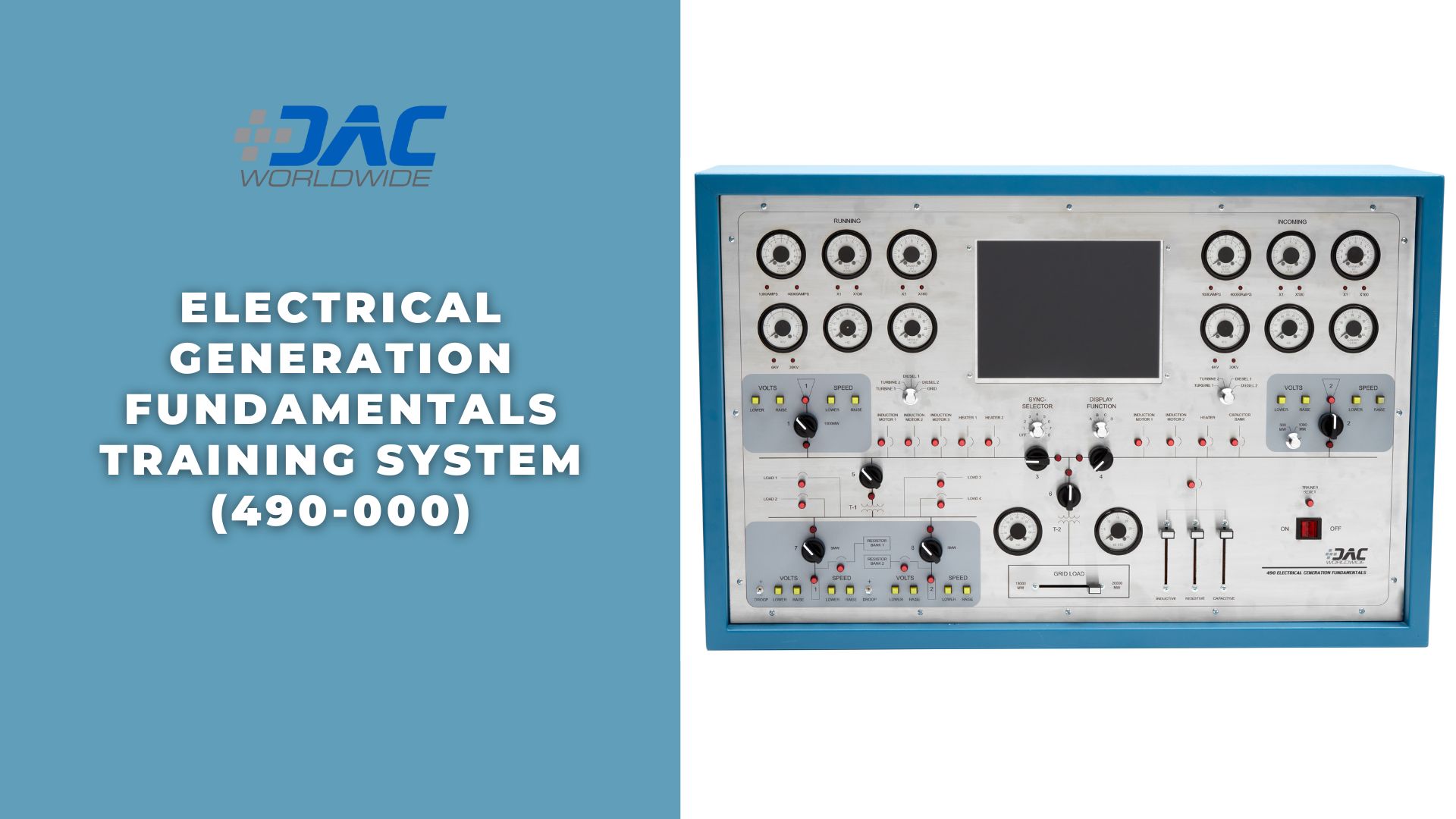
Industrial facilities know how important electrical skills are to ensuring that things run smoothly and safely. What many people don’t know, however, is how diverse electrical skills can be. While basic electrical skills, such as wiring a circuit or troubleshooting a transformer, are extremely valuable and quite common, some facilities require specialized advanced electrical skills, such as those relating to power generation and managing multiple power plants on an electrical grid.
For example, one industry that’s currently booming will likely lead to a need for workers with advanced electrical skills related to power generation. Which industry are we talking about? Semiconductor manufacturing!
According to a recent article in The Register, author Tobias Mann notes that “AMD president Victor Peng addressed [at the recent Hot Chips Conference] one of the biggest challenges facing the semiconductor industry as it grapples with growing demand for ever larger AI models: power.”
How big is the challenge facing the semiconductor manufacturing industry? Mann points out that “AI’s seemingly insatiable thirst for power has gained considerable attention over the past year – so much so that some operators have begun setting up shop next to nuclear power plants. And the problem isn’t going to get easier.”
According to Mann, Peng has expressed worry about “finding enough power sources and being concerned about the grids and the distribution.” In fact, Mann notes that Peng has “noted that these [AI] models have very quickly gone from requiring hundreds of megawatt hours to train to hundreds of gigawatt hours.”
How do you address such a large-scale challenge? “Peng argues that the semiconductor industry needs to focus more attention on making the infrastructure not only more performant, but more efficient.” Indeed, the burgeoning semiconductor manufacturing industry must bring together all the players necessary to craft large-scale infrastructure solutions that ensure that the electrical grids of tomorrow will be able to support the demands of new technologies.
Addressing fundamental electrical generation challenges will require highly skilled workers who possess advanced electrical skills related to power generation. Hands-on training in electrical generation fundamentals can elevate workers’ skills to the next level.
For example, DAC Worldwide’s Electrical Generation Fundamentals Training System (490-000) represents a true simulator depicting multiple power plants on a grid. The unit basically acts as the control center for a generating station and simulates four separate generating units. The system demonstrates the principles of generator operation and represents the relationships that an operator must master in order to confidently operate generators.
Practice in paralleling machines of various sizes is easily accomplished without tying up the plant simulator. The synchroscope display includes a phase angle display, representing the phase difference between running and incoming.
A graphic representation of how load is shared, by two machines of various sizes, is shown by a house curve. The relationship between real load and reactive load is displayed by meters and by a pictorial diagram of the power triangle on the graphic display. Inductive, resistive, and capacitive loads can be turned on and off reinforcing the effects of reactive load and demonstrating how power factor can be changed.
Users will study topics, such as AC generators, reactive power control, loss of load, and trainer operation. They will also practice hands-on skills, such as correctly performing paralleling operation, generator responses to inductive/resistive/capacitive loads, calculating power factor, and observing a diesel generator autostart and load. The Electrical Generation Fundamentals Training System is only one of DAC Worldwide’s many electrical training systems. Visit DAC Worldwide online to learn more about its many other electrical training systems!





